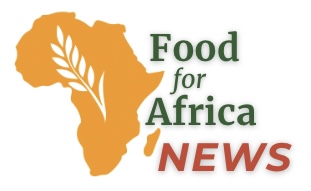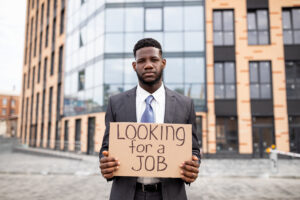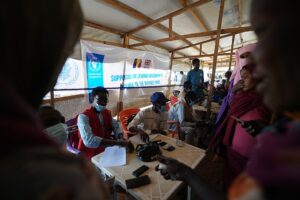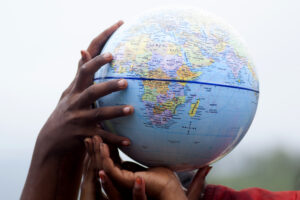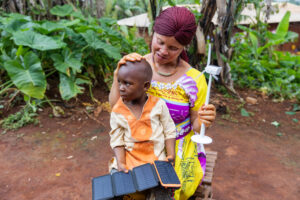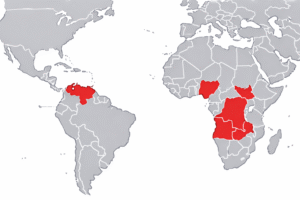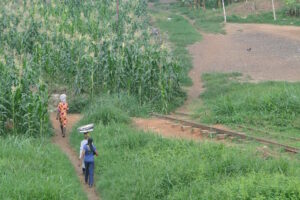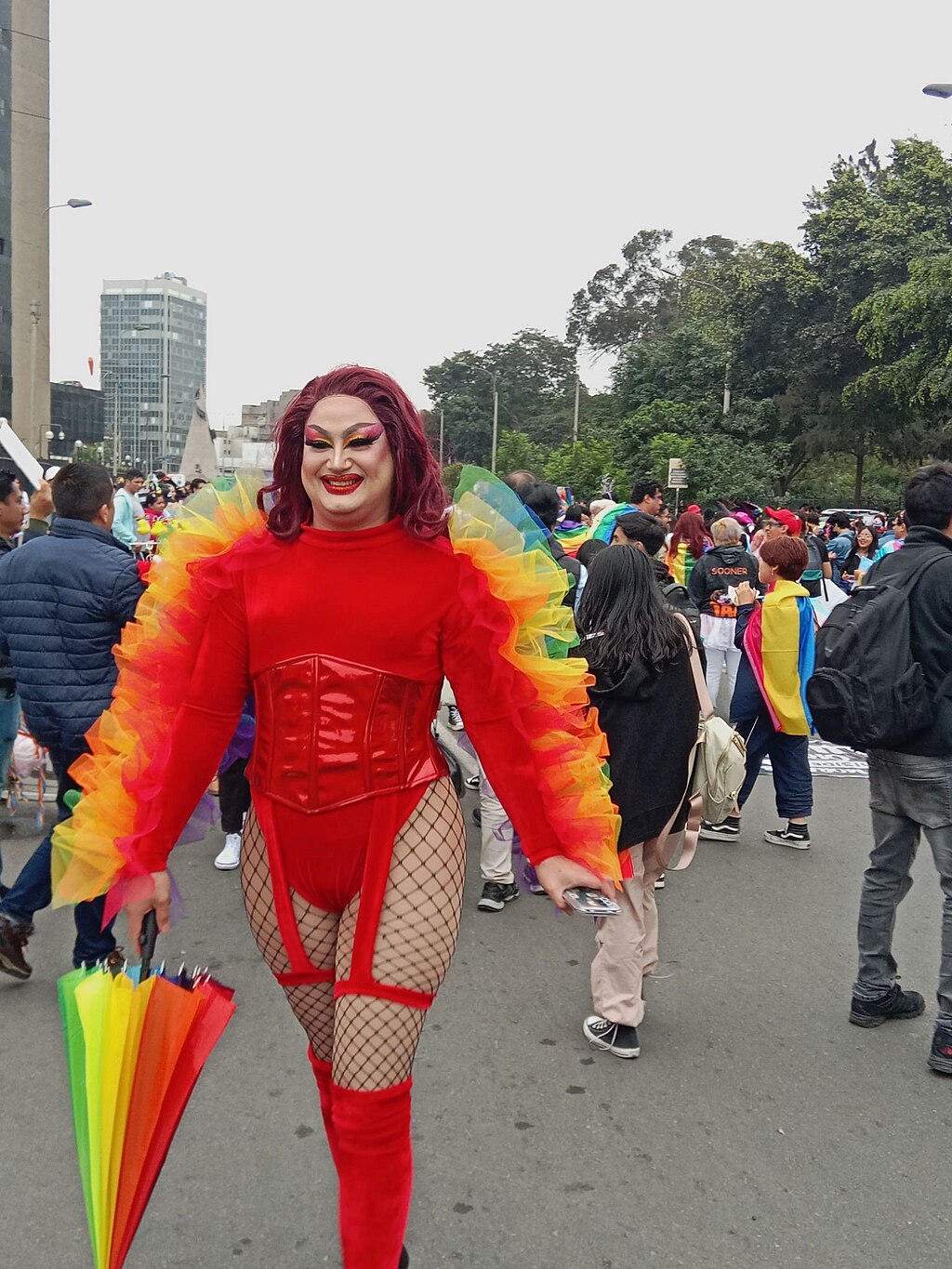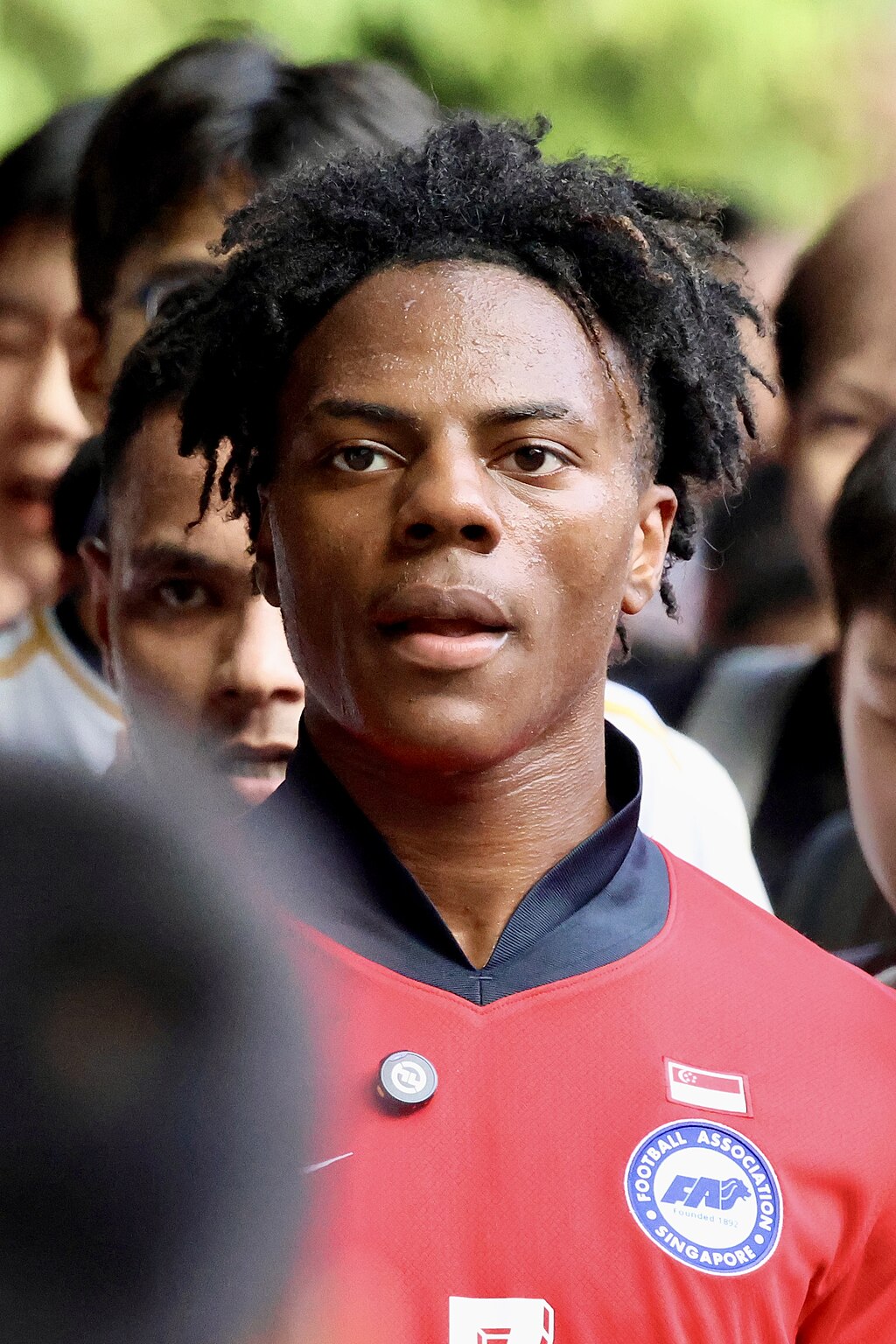No nation should be forced to trade its values for aid, especially while hunger remains an urgent crisis.
Ghana’s Parliament has brought back a bill to make same-sex relations illegal and punish promotion of LGBTQ+ activities. If it becomes law, people could face up to five years in prison. The proposal has drawn strong criticism from abroad. But this raises a question of fairness. In the Middle East, the laws are much stricter. In Saudi Arabia, punishment for same-sex acts can include flogging, banishment, or even death. In Iran, the death penalty is still used. (Human Dignity Trust)
Even with such laws, aid and business investments still flow to these countries. If no action is taken there, why is Ghana being treated differently?
Who Has Threatened Ghana
The United States has said it may cut foreign aid if Ghana passes the bill. A U.S. State Department spokesperson, Matt Miller, said the law “would certainly have a chilling effect on foreign investment and tourism in Ghana.” (Courthouse News)
But in countries with stricter laws, the U.S. continues to give money and support investments. In 2024, the U.S. gave 129 million dollars to Egypt through USAID for private sector growth and reforms. (U.S. Embassy Cairo) In 2022, the U.S. gave 13.8 billion dollars in aid to the Middle East and North Africa. (USAID) In South Asia, both Pakistan and Bangladesh still criminalize same-sex relations under Section 377 of their penal codes, with punishments of up to life in prison, yet Pakistan received a $3 billion IMF bailout in 2023 along with more than $34 billion in U.S. assistance since 2001, while Bangladesh received about $4.7 billion in foreign aid in 2022 from partners including the U.S., EU, and the World Bank.
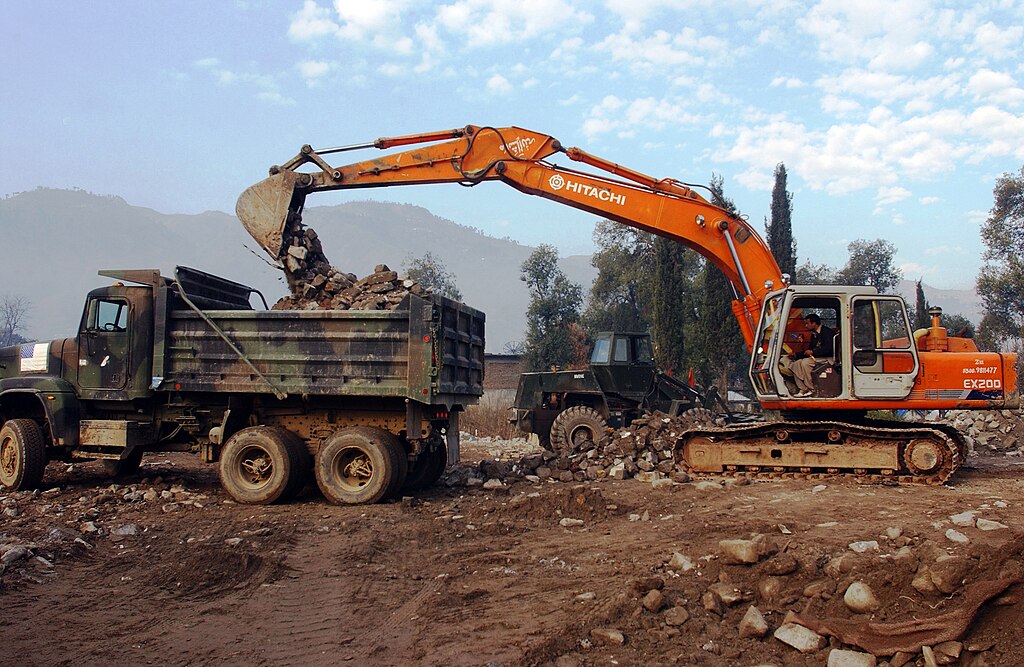
This shows a double standard. Why is Ghana singled out, when its LGBTQ+ laws are more mild than other countries in the Middle East and beyond, who flourish and continue to receive aid and investment from the US and abroad? If Ghana faces threats and if donors use this method, every country with different values is at risk.
Inside Ghana, the Finance Ministry has also raised concerns. A leaked paper warned that the bill could cost Ghana 3.8 billion dollars in World Bank funding over five to six years, and even endanger a 3 billion dollar IMF loan. (VOA Africa)
Some international groups have called on the World Bank and IMF to stop funding Ghana unless the law is changed. (The Guardian) But similar logic is not always applied to countries with much harsher laws against LGBTQ+ people.
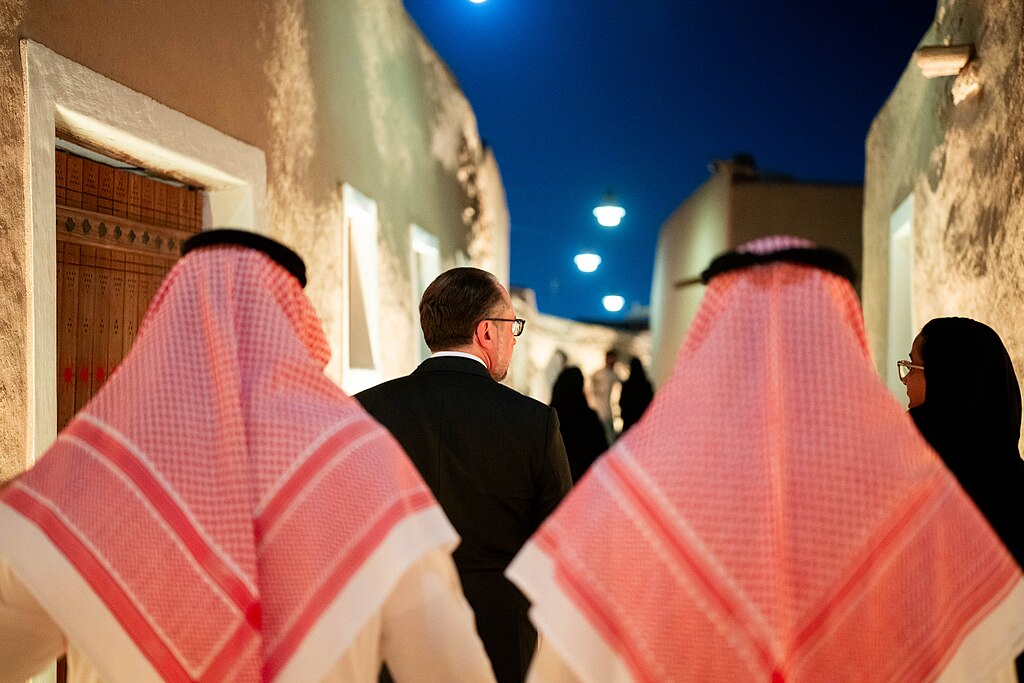
Take Saudi Arabia. Same-sex activity is illegal there and can carry prison, flogging, or even capital punishment under certain interpretations of sharia law. (Wikipedia, LGBTQ rights in Saudi Arabia) Yet Saudi Arabia continues to receive major investments, partnerships, and development financing from international institutions and private global firms.
Österreichisches Außenministerium, CC BY 2.0 https://creativecommons.org/licenses/by/2.0, via Wikimedia Commons
Or Oman, another Gulf state, where same-sex acts are criminalized. (Wikipedia, LGBTQ rights in the Middle East) Still, Oman attracts investment in energy, infrastructure, and tourism from countries and institutions that claim to promote human rights. Sri Lanka and Malaysia also criminalize same-sex relations, with penalties ranging from 10 years to 20 years in prison, yet Sri Lanka received a $2.9 billion IMF package in 2023 to stabilize its economy, and Malaysia remains a major Western trade partner, with U.S. direct investment valued at $13.9 billion in 2021.
If Ghana is singled out for its cultural laws while these nations are not, then the threat logic loses integrity. No country should be coerced under a double standard.
In Ghana, church leaders have rejected these threats. The Catholic Bishops Conference, the Christian Council of Ghana, and the Pentecostal and Charismatic Council say Ghana’s culture must be respected and that aid should not depend on foreign values. (Crux Now)
Hunger Matters More
Ghana, like many African nations, faces serious problems of hunger and food supply. Nearly one in five Africans suffers from hunger, according to the United Nations. If more resources were given to fight hunger, millions of lives could be saved.
Foreign partners should focus on the real needs: reducing hunger, supporting farming, and building stronger economies. Cutting aid over cultural debates only harms the poor.
Final Message
Some partners abroad have warned Ghana of losing aid and investment if the bill becomes law. Others inside the country argue that cultural values should be respected and that aid should not depend on outside pressure.
Regardless of personal or political views on LGBTQ issues, this raises a basic question of fairness. If countries with stricter laws continue to receive aid and investment, is it fair to single Ghana out? Should development aid and investment be tied to cultural debates, or should the priority remain on urgent needs like hunger and food security?
Additional Sources (some quoted directly in the article)
- Reuters: Ghana lawmakers reintroduce anti-LGBTQ legislation
- AP News: Ghana bill raises international alarm
- Courthouse News: U.S. threatens to pull aid to Ghana over anti-LGBTQ bill
- VOA Africa: Ghana Finance Ministry warns anti-LGBTQ bill could cost billions in aid
- The Guardian: World Bank and IMF urged to pressure Ghana
- Crux Now: Ghana church leaders blast threats to withdraw investment
- Human Dignity Trust: Iran country profile
- U.S. Embassy Cairo: USAID invests in Egypt
- USAID: Where We Work — Middle East
- Featured photo attribution: Orlago20, CC0
